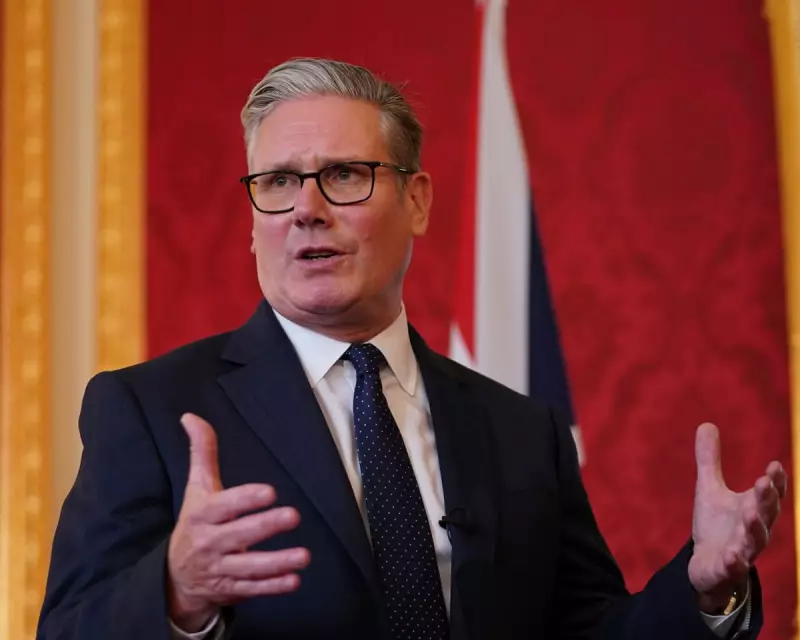
In a startling admission that has sent ripples through Westminster, Prime Minister Keir Starmer has declared he would never have appointed the veteran Labour strategist Peter Mandelson to a key advisory role if he had been fully aware of his commercial activities.
The revelation came during a tense session of liaison committee scrutiny, where the PM was pressed on the controversial placement of Lord Mandelson onto his high-profile business advisory council.
A Question of Judgement
Starmer's candid confession marks a significant moment for the new administration, highlighting the tightrope it walks between leveraging private sector expertise and avoiding perceived conflicts of interest. The Prime Minister conceded that his understanding of Mandelson's extensive portfolio of private business roles was incomplete at the time of the appointment.
"With the benefit of hindsight," Starmer told MPs, "my decision would have been different." This public expression of regret is seen as an attempt to draw a line under a contentious issue that has dogged his government's early weeks.
Mounting Pressure and Strategic Retreat
The appointment had drawn fierce criticism from opposition parties and transparency campaigners alike, who pointed to Mandelson's chairmanship of the lobbying firm Global Counsel. Critics argued that placing such a figure at the heart of government business strategy risked blurring the lines between public service and private gain.
Facing sustained pressure, Lord Mandelson subsequently stepped down from the role voluntarily, though he maintains that his external interests were always fully transparent. The government has since announced a sweeping review of business appointment rules for special advisers, aiming to tighten regulations and prevent future controversies.
A New Standard for Transparency
This episode has ignited a broader debate about the appropriate relationship between government and business figures in the Starmer era. The Prime Minister's unusual public regret signals a desire to be seen as learning quickly from early missteps.
As the government fleshes out its new advisory structure with various councils and committees, this incident serves as a clear marker: the Starmer administration is acutely aware that its promises of "integrity and accountability" are being closely watched by both allies and opponents.





